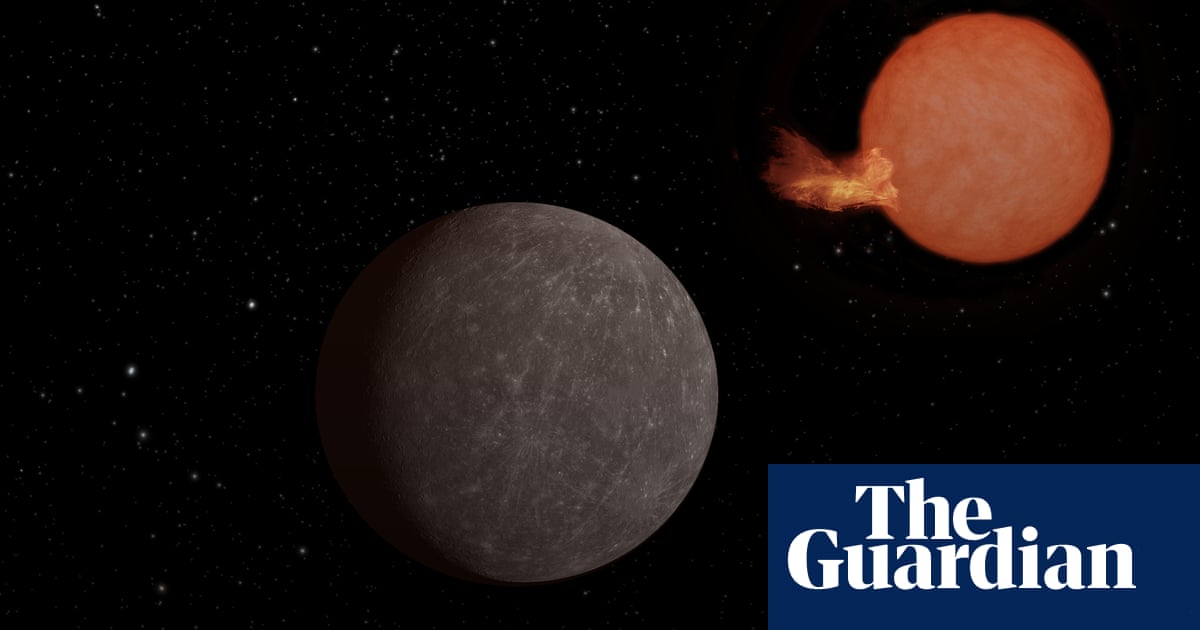Speculoos-3b, 55 light years away, is only second planetary system to be found around an ultra-cool red dwarf
Astronomers have discovered a new Earth-sized planet orbiting a small, cool star that is expected to shine for 100 times longer than the sun.
The rocky world, called Speculoos-3b, is 55 light years from Earth and was detected as it passed in front of its host star, an ultra-cool red dwarf that is half as hot as the sun and 100 times less luminous.
The newly discovered world, described as “practically the same size as our planet”, swings around the red dwarf once every 17 hours, making a year on the planet shorter than a single Earth day.
But while the years are short on Speculoos-3b, the days and nights are never-ending. “We believe that the planet rotates synchronously, so that the same side, called the day side, always faces the star, just like the moon does for the Earth. On the other hand, the night side hand, would be locked in endless darkness,” said Michaël Gillon, an astronomer at the University of Liège in Belgium and lead author on the study.



Earth-sized rocky planet close to red dwarf, tidally locked, got it.
What is this stile of reporting called? Sensationalist?
And why is that star system special?
The point is that we were able to detect the planet at all. That’s interesting enough in itself, and at no point is the article insinuating anything spectacular about the planet itself.
Ah, thanks. Because small and dark?
I believe so. Tbh it feels a little like the NASA version of “look at this cool rock I found!”
I think that is probably the point of NASA and science generally, they are both essentially a small child finding new and interesting things to show the grown-ups.